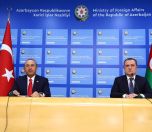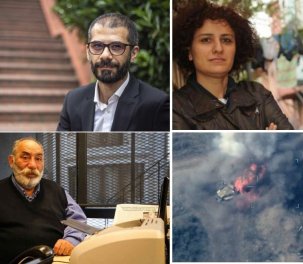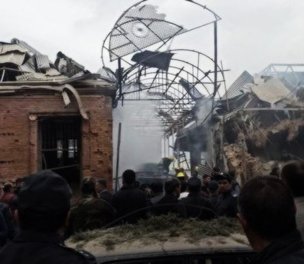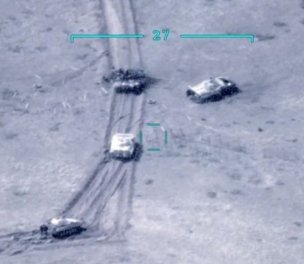* Photo: Anadolu Agency (AA)
Click to read the article in Turkish / Kurdish
On the fifth day of Armenia-Azerbaijan clashes in the Nagorno-Karabakh region in the Caucasus today (October 1), Prime Minister of Armenia Nikol Pashinyan has criticized Turkey.
Sharing a series of tweets on his social media account, Pashinyan has said, "Why has Turkey returned to the South Caucasus 100 years later? To continue the Armenian Genocide" and continued as follows:
"For Turkey, however, continuing a genocidal policy is not only a means of implementing Armenophobia, but also a pragmatic task.
"Armenia and the Armenians of the South Caucasus are the last remaining obstacle on the way of continued Turkish expansion towards the North, the North East, and the East, and the realization of its imperialistic dream.
"It is no longer merely the Karabakh issue, nor a security issue of the Armenian people. It is now an issue of international security, and today, the Armenian people are also defending international security, assuming what may be a new historic mission."
Why has Turkey returned to the South Caucasus 100 years later? To continue the #ArmenianGenocide.
— Nikol Pashinyan (@NikolPashinyan) October 1, 2020
For Turkey, however, continuing a genocidal policy is not only a means of implementing Armenophobia, but also a pragmatic task.
About the Nagorno-Karabakh dispute
Relations between the two former Soviet countries have been tense since 1989 over Nagorno-Karabakh, or Upper Karabakh, an internationally recognized territory of Azerbaijan.
In 1989, the parliament of Azerbaijan removed Nagorno-Karabakh's autonomous status, which had been in place since 1923.
During the dissolution of the Soviet Union, Armenia began military operations into Nagorno-Karabakh in 1991. In the same year, the separatist administration in Nagorno-Karabakh declared independence. The Azeri people of the region had boycotted the independence referendum.
The independence of the Nagorno-Karabakh, or Artsakh republic, is not internationally recognized. Four UN Security Council and two UN General Assembly resolutions as well as many international organizations demand the withdrawal of the occupying forces.
The OSCE Minsk Group – co-chaired by France, Russia and the US – was formed in 1992 to find a peaceful solution to the conflict. A cease-fire was agreed upon in 1994. France, Russia and NATO, among others, have urged an immediate halt to clashes in the occupied region. (PT/SD)




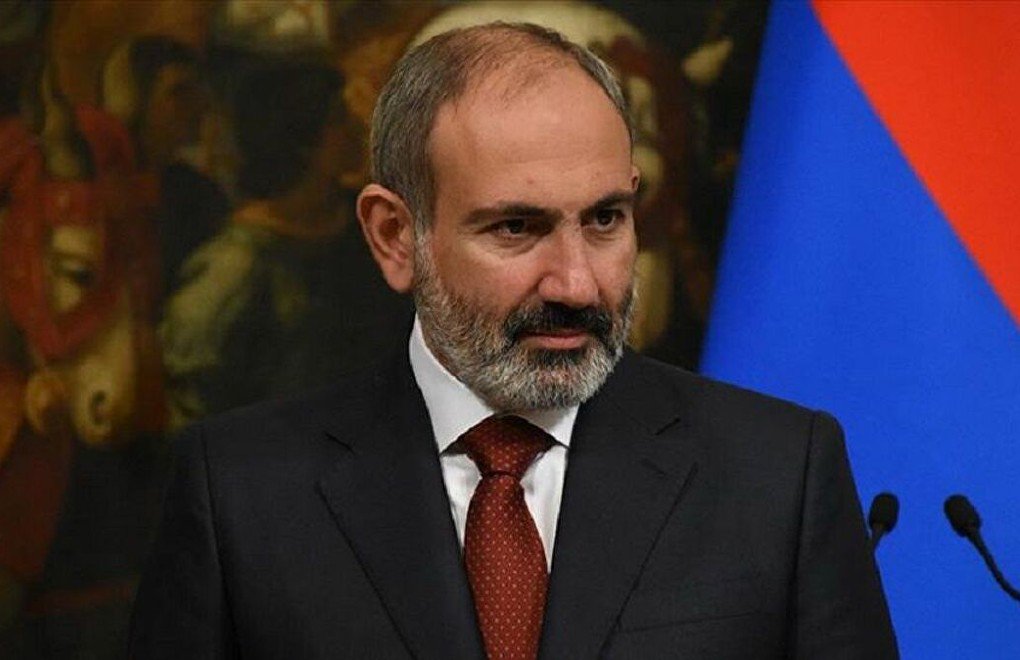
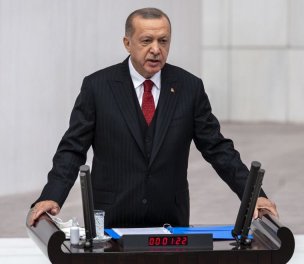
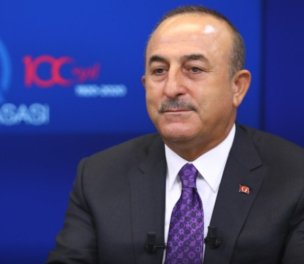
-132.jpg)
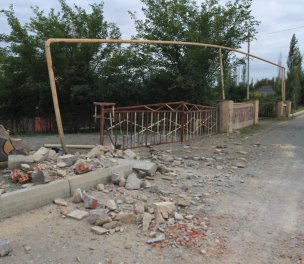
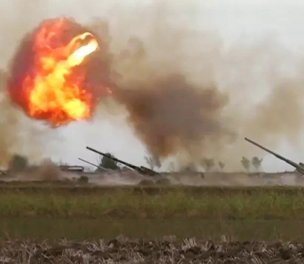
_(1)sa.jpg)
